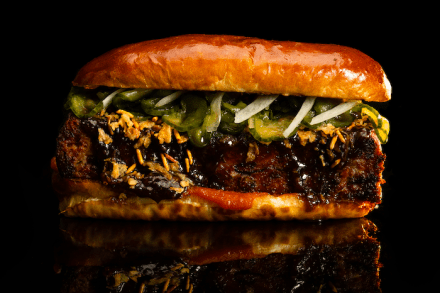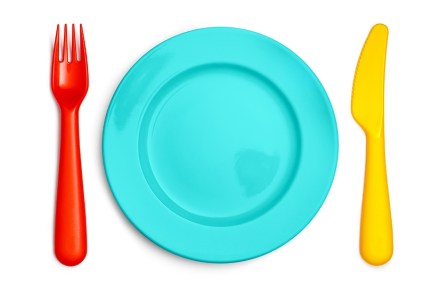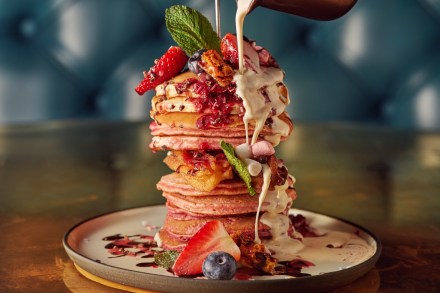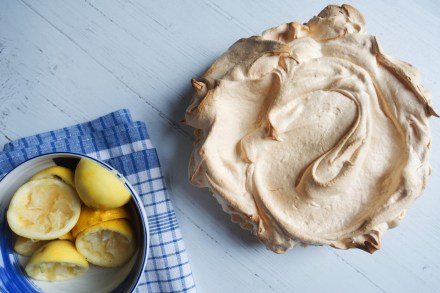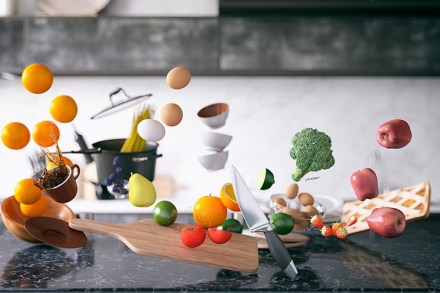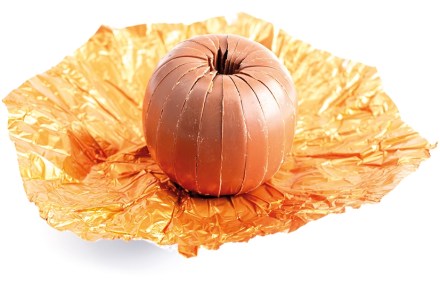Nights – and wines – to remember in Paris
Some friends claim to be making marks on the wall to count the days until liberation. Ah, the forgotten delights of restaurants and foreign travel. In one long nostalgic phone call, we kept present discontents at bay by discussing Paris. Although I have partaken of three-rosette meals in the capital of gastronomy and was never disappointed, a different experience came to mind. This restaurant has never received Michelin’s highest accolade, not that it would care. It believes itself entitled to at least four rosettes. Its name is Chez l’Ami Louis, in the Troisième, not far from the Marais. I was introduced to it by Rémy and Mathilde, a couple who



